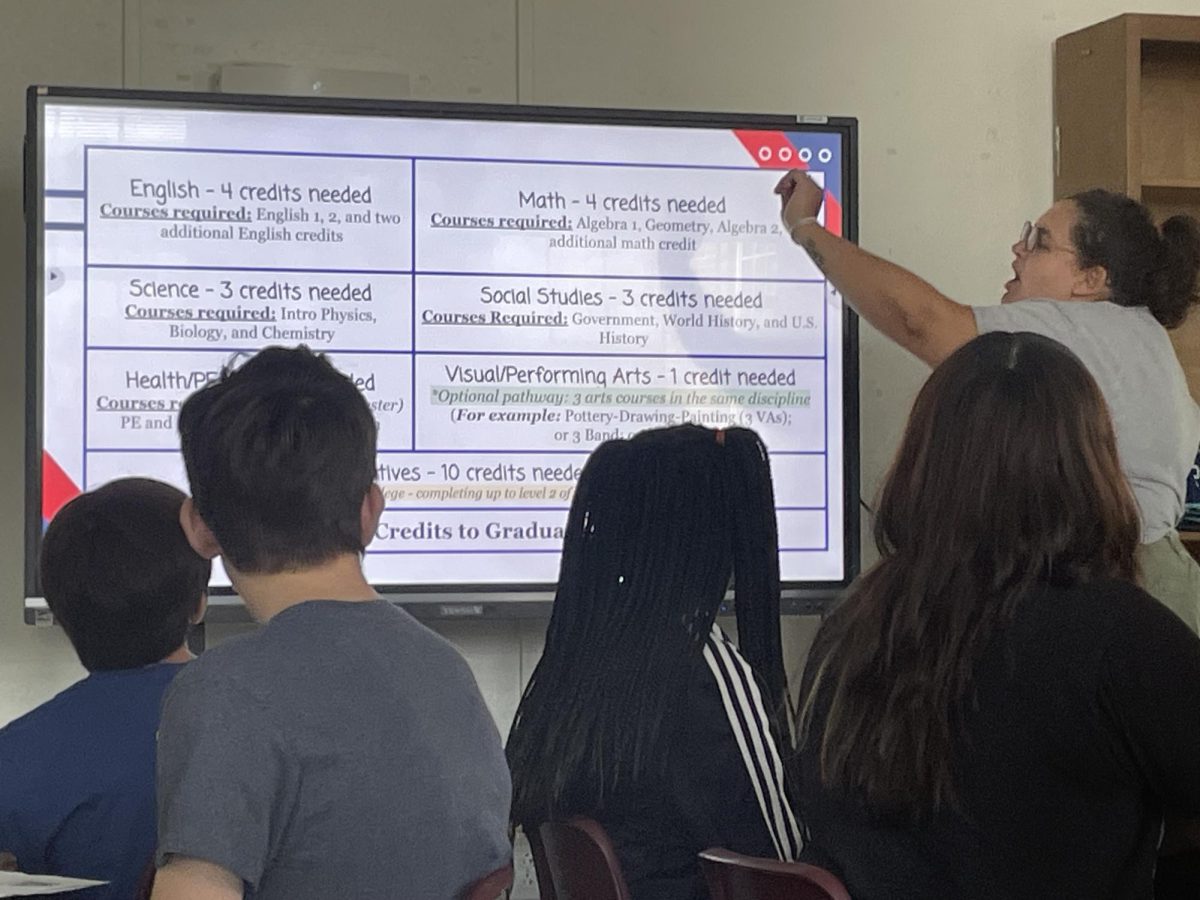The Pros and Cons of Charter Schools
November 8, 2018
A charter school is a school that receives government funding, but operates independently. In more simple terms, it’s a private school that receives funding the same way that public schools do. Many people want there to be more charter schools because the unique ways charter schools are run intrigues them. This being said, there are major down sides to charter schools.
To start with, it takes a lot of work to keep them running– as many charter schools require volunteer hours from parents. This is necessary to keep the schools functioning, but working extra hours may be hard for parents of working class or lower income households. Not all parents can afford to build their schedule around volunteer hours. In this way, charter schools favor upper class households, because of this, the diversity in charter schools tends to be rather low.
Due to the typical lack of diversity in charter schools, students attending them may be ignorant of people with differing social backgrounds, and may bully kids who are different from them. It’s not just kids, either. The staff of charter schools may not have much experience with kids with disabilities, rough home lives, etc. They tend to have an impatience with parents when it comes to these issues, intensified by the lack of exposure to these types of problems.
Charter schools do, however, help with issues such as shyness and social anxiety. Charter schools are small in population, so the classes lead to a better sense of community. It also helps that they usually specialize in certain areas such as performing arts or math and science. This allows students to automatically have something in common with the other students they are going to school with.
In short, charter schools can be good if they make the right moves to improve these prominent issues. They should start by expanding the diversity and accepting more people of different backgrounds. Charter schools should also encourage, instead of force, parents to participate in volunteering opportunities.





